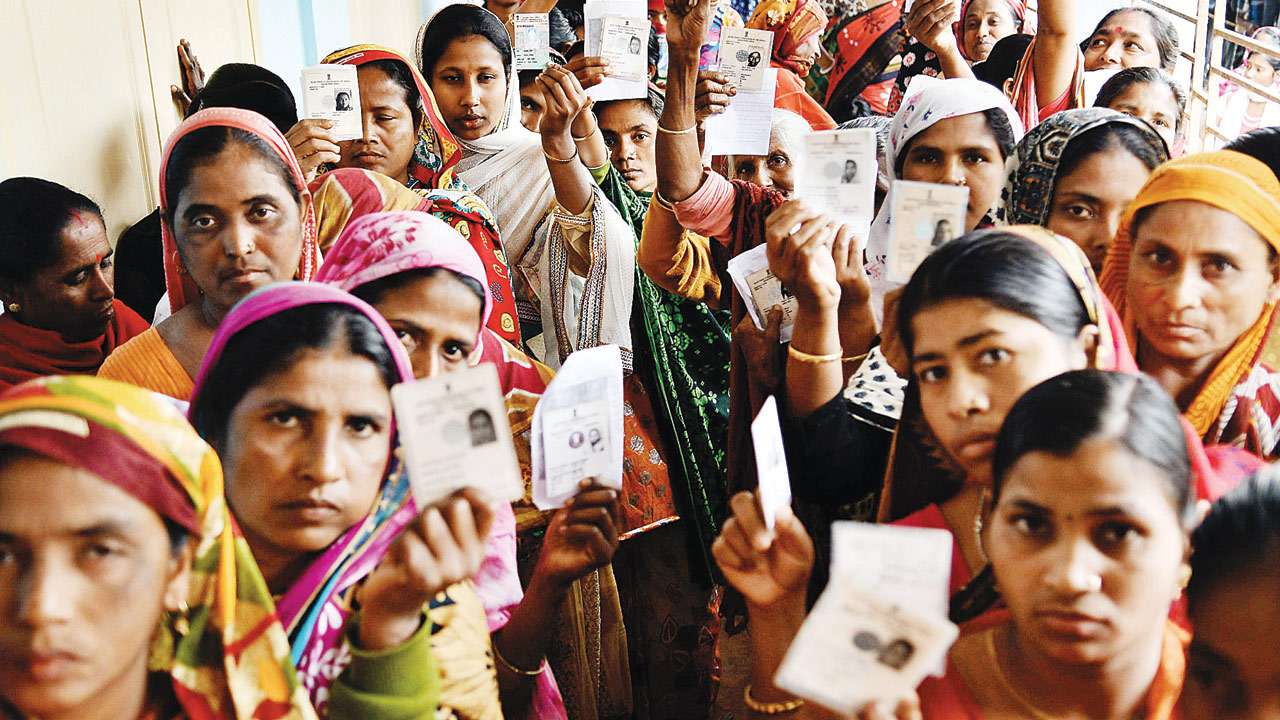
There is every reason for Indians to be proud of their country. Over the 70 years of Independence, the country has gone from strength to strength in making real the vision that guided our freedom struggle.
The country is a work in progress and it shows - though the election system has improved over the years the electoral battle is still a study in crassness; while the country has affirmative action through the Mandal Commission and Right to Education, it has subverted it; though the platforms for expression have increased manifold, the media kowtows the government and their apologists.
The strength of Indian democracy comes from the fact that its citizens still believe in it and get their hands dirty to build their nation. Consequently there have been attempts, successful and otherwise to create agencies, or further empower existing ones, to work in a free and fair manner.
Though voting is one aspect of democracy, it’s definition is still amorphous giving many Indians opportunities to manifest it in different ways.
Take the example of the umbrage against certain Bollywood movies. It could be said that taking to task an industry that has built real fortunes on fantasy proves misplaced rage.
However, what is interesting is the belief that anger as voiced by a particular community in a violent manner will result in a course correction.
Worse still is the government’s attempt to sweep parochial views under the carpet by banning movies. This goaded rage is affecting our education system too.
Coercion works in a democracy. Voters threaten to cast their votes for the opposition to make the government and politicians work. Also, the person receiving the most votes gets elected. So for a people of a nascent democracy used to feudalism, it is easy to misconstrue that whoever screams the loudest gets their demands met.
This uni-dimensional transaction caters to immediate and provincial benefits. It wilfully ignores the harm caused to the nation. The trauma leads to a decrease in trust and respect for each other resulting in an atmosphere of fear. All this has an economic impact, which goes beyond the cost of buses being burnt.
The government is no better when it comes to situations such as these. Last year the Ministry of Information and Broadcasting unilaterally rejected the jury’s nomination of two films for screening at the International Film Festival of India.
Does the government assume that because they are elected representatives of the people they know what is best for the people and that such decisions are in the best interest of the country? It is common understanding that what citizens want and what is good for the country may be different.
But like the people they represent, the government and politicians are drawn to the immediate. Their vision is obstructed by elections.
Thus it comes as no surprise that they teeter between firefighting and acting like Nero. The fact that politicians have not learnt to say ‘No’ while simultaneously providing a convincing rationale and that people are unwilling and unable to accept that their demands may not be met because the country comes first, is another reminder of the infancy of democracy in India.
The myriad understanding of democracy gives Indians the sanction to act with alacrity in some instances and lethargy in others.
This amorphousness gives scope for democracy to be diluted, misused, and subverted. Any form of violence, or the threat thereof, is evidence of the fragile veneer of democracy behind which hides the crippling insecurities of us as individuals, community and nation.
For a democracy to function, people need to have confidence in, and respect for, each other.
Democracy acknowledges that people will be swayed by wanton parochial diktats and therefore provides citizens the platform to build a counter argument.
This raises the bar on human thought and action instead of destroying the prevailing one. From what we understand of democracy today, would it be wrong to say that ‘democracy is as weak as its strongest egoistical link’?
Author has worked in the development sector